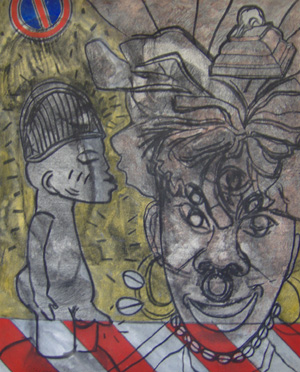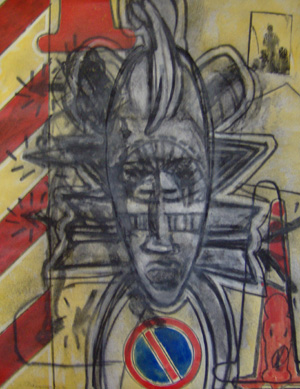MCT News Service
October 29, 2009
Puerto Ricans need to be allowed to vote on changing their political status. The status quo is untenable.
With little fanfare, a bill is circulating in the U.S. House of Representatives that proposes an election that may ultimately decide the fate of Puerto Rico. The bill is needed now more than ever, for the island is gripped in a fiscal and political crisis that can no longer be ignored.
Puerto Rico has been an incorporated territory of the United States since 1898, and its residents were granted U.S. citizenship in 1917. Although the United Nations and much of the world have recognized it as a colony, Puerto Rico’s status as a “free associated state” has resulted in a stagnant economy and mounting political unrest.
It’s been a rough month for Puerto Rico.
First, in an attempt to rectify a financial crisis, the island’s governor, Luis Fortuno, announced the layoff of 17,000 government employees, which was met with massive, angry protest. A few days later, an unemployed worker threw an egg at Fortuno during a news conference, and one of the island’s biggest rap stars insulted the governor on an MTV awards show.
Then, the island’s largest labor unions led a general strike that paralyzed the capital city of San Juan.
Two weeks ago, drug violence took the lives of eight people in a shopping mall. Puerto Rico is suffering under a wave of drug crimes, as efforts to crack down on the illicit trade along the southern border of the United States have had the effect of rerouting it through the Caribbean.
This week, the island is recovering from a massive gas explosion that has cost $6.4 million to put out and may result in long-lasting environmental damage.
The chaos in Puerto Rico is largely a function of its peculiar status.
Since becoming a territory of the United States, Puerto Ricans have wrestled with three political options: “commonwealth” (status quo), statehood, and independence. But this struggle seems to have no endgame, and the people of this island nation are the losers.
By remaining a commonwealth, Puerto Rico has failed to acquire sufficient political power and has become subservient to U.S. economic interests.
Puerto Rico needs to move to a place where its economy can develop autonomously and not just as a subsidiary of U.S. and multinational corporations. It needs to set clear priorities on how to do this, and to finally decide among three options: statehood, a more autonomous version of commonwealth, or independence.
Since by law, Congress ultimately has the last word on the fate of the island, it should pass a plebiscite bill sooner than later. The time for serious discussion about viable alternatives is now. Puerto Rico’s current political system no longer allows for true self-determination, which is the right of every American citizen.
ABOUT THE WRITER
Ed Morales is a writer for Progressive Media Project, a source of liberal commentary on domestic and international issues; it is affiliated with The Progressive magazine. Readers may write to the author at: Progressive Media Project, 409 East Main Street, Madison, Wis. 53703; e-mail: pmproj@progressive.org; Web site: www.progressive.org. For information on PMP’s funding, please visit http://www.progressive.org/pmpabout.html#anchorsupport.
This article was prepared for The Progressive Media Project and is available to MCT subscribers. McClatchy-Tribune did not subsidize the writing of this column; the opinions are those of the writer and do not necessarily represent the views of McClatchy-Tribune or its editors.
(c) 2009, Ed Morales

